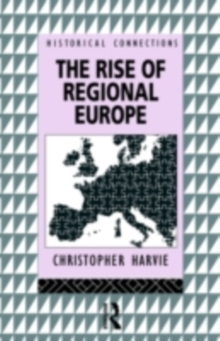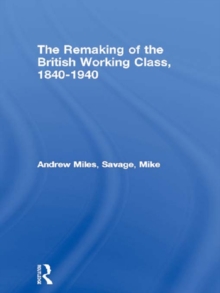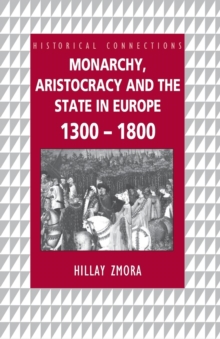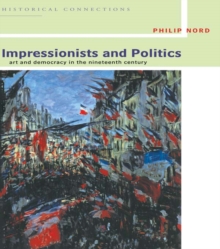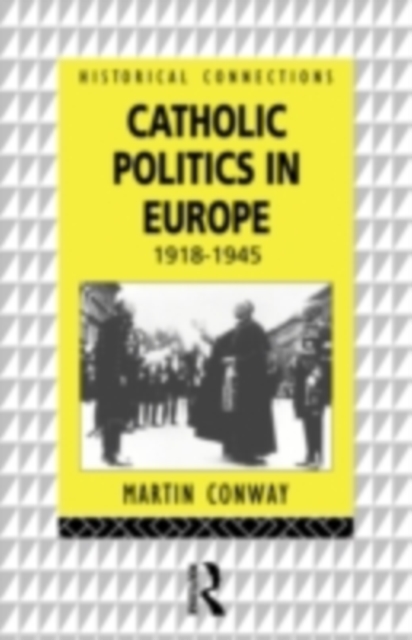
Catholic Politics in Europe, 1918-1945 PDF
by Martin Conway
Part of the Historical Connections series
Description
The history of Catholic political movements has long been a missing dimension of the history of Europe during the twentieth century. Martin Conway explores the fascinating history of Catholic political movements in Europe between 1918 and 1945, demonstrating the crucial role which Catholics played in the rise of fascism in Italy and Germany, the events of the Spanish Civil War and of the Second World War.
Drawing on the findings of recent research, Conway shows how Catholic political movements formed a vital element of the political life of Europe during the inter-war years. In countries as diverse as France, Germany, Italy, Spain and Austria, as well as further east in Poland, Slovakia, Croatia, and Lithuania, Catholic political parties flourished. Inspired by the values of Catholicism, these movements fought for their own political ideals; hostile to both liberal democracy and totalitarian fascism, Catholics were a 'third force' in European politics. During the Second World War, Catholic political movements continued to pursue their own goals; some chose to fight alongside the German armies, other groups joined Resistance movements to fight against German oppression and for a new social and political order based on Catholic principles.
Catholic Politics in Europe will provide an original key point of reference for twentieth century history, for comparison with fascist and communist movements of the period, and will give insight into the present-day character of Catholicism.
Information
-
Download - Immediately Available
- Format:PDF
- Pages:128 pages
- Publisher:Taylor and Francis
- Publication Date:04/01/2002
- Category:
- ISBN:9780203130872
Other Formats
- Paperback / softback from £37.99
- Hardback from £135.00
- EPUB from £29.96
- PDF from £29.96
Information
-
Download - Immediately Available
- Format:PDF
- Pages:128 pages
- Publisher:Taylor and Francis
- Publication Date:04/01/2002
- Category:
- ISBN:9780203130872
